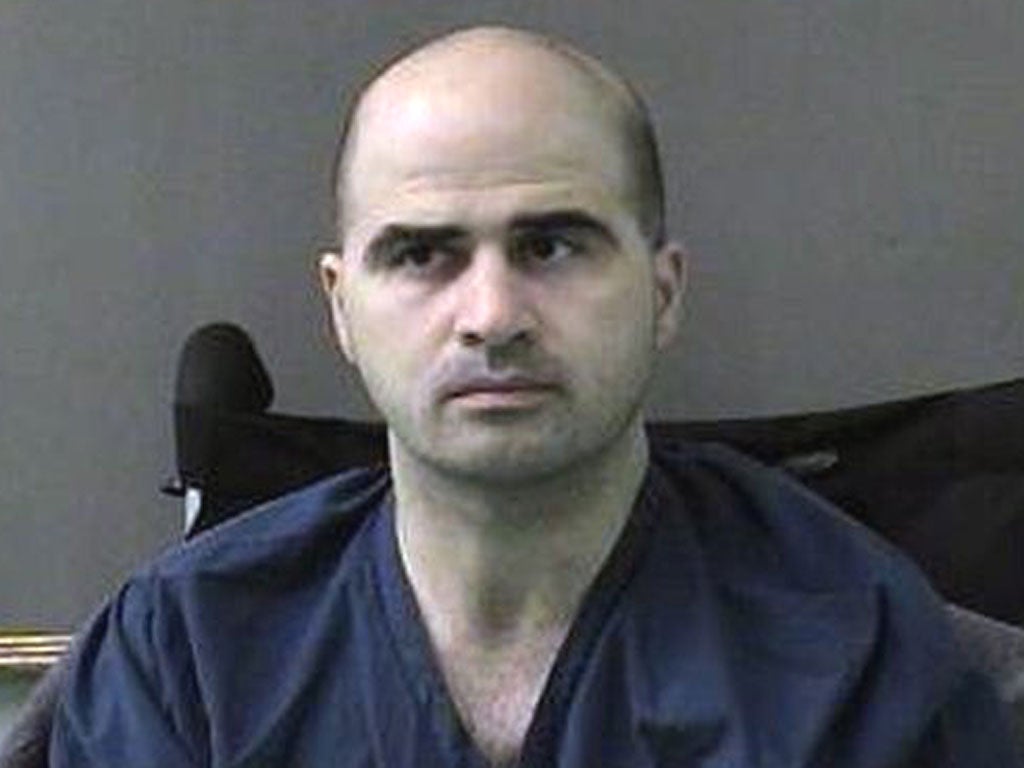Your support helps us to tell the story
From reproductive rights to climate change to Big Tech, The Independent is on the ground when the story is developing. Whether it's investigating the financials of Elon Musk's pro-Trump PAC or producing our latest documentary, 'The A Word', which shines a light on the American women fighting for reproductive rights, we know how important it is to parse out the facts from the messaging.
At such a critical moment in US history, we need reporters on the ground. Your donation allows us to keep sending journalists to speak to both sides of the story.
The Independent is trusted by Americans across the entire political spectrum. And unlike many other quality news outlets, we choose not to lock Americans out of our reporting and analysis with paywalls. We believe quality journalism should be available to everyone, paid for by those who can afford it.
Your support makes all the difference.The apparently random nature of the American serviceman's rampage through Afghan villages has raised questions about his mental state, and any vetting process potential recruits undergo before they are handed a firearm and deployed to the field.
To join the US military, recruits must first pass through a "Military Entrance Processing Station", where they undergo a two-day medical to determine suitability for a life in uniform. Exhaustive tests are carried out on their hearing, vision, and physical fitness. Medical records are pored over to uncover physical ailments. But would-be soldiers are asked a single question regarding their mental health: do they have "any history of counselling"?
Answer "no" and they are in theory deemed psychologically capable of serving their country in a war zone. Pass through basic training without raising major red flags, and they're likely to be green-lit for combat duty.
If you think that sounds like a slapdash approach, you are not alone. Even before this weekend's killings, a string of high-profile cases have called the US military's psychological safety net into question. Among them is Nidal Hasan, the army psychologist accused of the Fort Hood shootings, in which 13 people died. In the run-up to the 2009 incident, colleagues had raised concerns about his "paranoid" and "psychotic" behaviour.
Because the US military has been fighting two major wars for most of the past decade, post traumatic stress disorder rates have spiralled.
A report released by the US Army Public Health Command last week noted that the army's suicide rate increased by 80 per cent between 2004 and 2008. It is now twice the national average. Not long ago, Time magazine ran a cover story reporting that 100,000 troops a month seek counselling. It quoted an internal report saying that the US Army has just 414 psychiatrists, which represents a "critical shortage".

Join our commenting forum
Join thought-provoking conversations, follow other Independent readers and see their replies
Comments